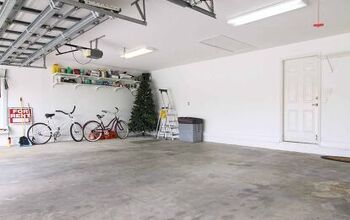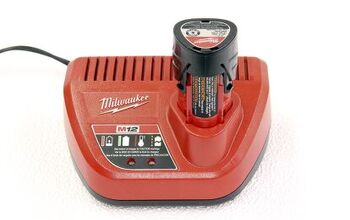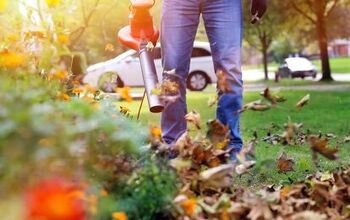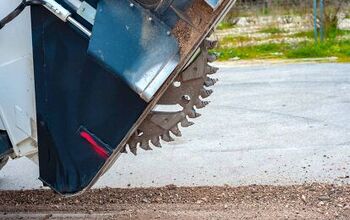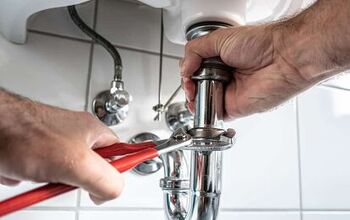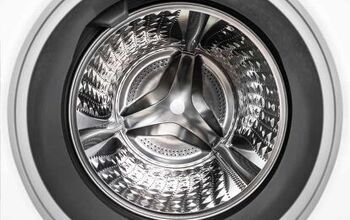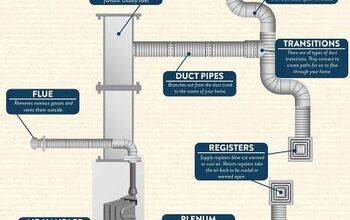13 Reasons Your Vegetable Garden Seeds Aren’t Sprouting

Vegetable gardens are a great way to grow healthy and delicious fruits and vegetables. These gardens are a labor of love, and can even help save you tons of money at the grocery store. The savings are even greater if you start your plants from seed. The only problem is that sometimes the seeds you plant don’t sprout.
Some reasons why seeds in your vegetable garden aren’t sprouting include not watering the soil enough or watering it too much. You may have buried the seeds too deep or even planted them in the wrong soil type. Sometimes the seeds are planted too shallow, and in other cases, birds and other pests eat them. Check the expiration date on seeds, as old seeds are less likely to sprout.
Planting your vegetable garden from seed allows you to grow more plants more cheaply than if you buy seedlings. The only problem with growing plants from seed is that there’s no guarantee they will sprout. If you are worried your seeds won’t sprout, or notice some seeds sprout and others don’t, then keep reading. Below is a comprehensive list of why vegetable seeds don’t sprout after you plant them.
13 Possible Reasons Why Vegetable Garden Seeds Won’t Sprout
1. Not Enough Consistent Watering
One of the most common reasons why seeds in your vegetable garden don’t sprout is a lack of watering. Just like established plants, seeds need consistent watering. Vegetables like moist soil. Not soaking wet, but moist.
It’s important to keep the soil moist when you are growing plants from seed. One common gardening mistake is to let the soil dry out completely or neglect watering for a week. If this happens, your seeds may never sprout. You must be extra diligent in your watering schedule at the first stages of plant growth, as this is when plants (and seeds) are most vulnerable.
2. You Planted The Seeds Too Deep
Sometimes seeds don’t sprout from the ground because of how you planted them. More specifically, the issue might be that you planted your seeds too deep. Vegetable seeds should be planted at different depths. Some like about one inch of soil on top, and others even less.
If you plant seeds too deep, they will try to reach the surface, but might die because they can’t reach the sunlight in time. Ensure you read the planting notes on your seed package on how deep you should plant each type of vegetable seed, and follow the instructions exactly.
3. The Conditions Are Too Cold
If you start plants outdoors, you must understand that the weather plays a major role in your seeds’ success. Almost all vegetable seeds are started in the spring, which is a season that can have unpredictable weather.
If you have a cold snap after planting your seeds, then this might be why your seeds aren’t sprouting. If you live somewhere with unpredictable spring temperatures, it’s better to start your plants from seed indoors.
Find the sunniest windows, or use a cheap DIY greenhouse to start your plants. This will ensure the conditions are more controlled and favorable.
4. It’s Too Hot
Just as freezing temperatures can kill many seeds, some plants don’t tolerate hot temperatures and instead prefer cool soil. If you live in a tropical climate and want to grow cool-weather crops in your vegetable garden, you should start them indoors.
Furthermore, only grow plants that will thrive in your climate. For example, many types of lettuce prefer cooler temperatures, but you can find some varieties that do well in warm weather. Take the time to choose the right plants for your climate. It will yield far better results.
5. They Just Need More Time
One reason your seeds aren’t sprouting has less to do with the garden and more to do with the gardener. Sometimes you just need to be patient. Some vegetable seeds might sprout in just a few days, but other vegetables can take many weeks to pop up.
Don’t give up on your seeds just because they haven’t sprouted in a week or two. Check the seed package for the average germination period, and never stop watering just because you think it’s taking too long. There’s a good chance your seeds will still sprout if you care for them properly.
6. You Watered Them Too Much
Just as you don’t want to underwater vegetable seeds, you also don’t want to overwater them. Giving soil too much water can cause several problems. For one, it can drown the seeds and make it impossible for them to thrive.
It can also cause the seeds to float to the surface, above the soil. If this happens, they won’t grow and instead will likely be eaten or simply fly away with the wind.
7. The Seeds Were Old Or No Good
If you have watered your seeds perfectly and placed them in ideal conditions, but they still won’t grow, then there might be a problem with the seeds themselves. The main reason for bad seeds is age. Old and expired seeds are far less likely to grow than fresher ones.
Ensure you check the expiration date on all seed packets before investing the time and energy into growing them. Only buy seeds from reputable stores and nurseries. Even when creating a vegetable garden on a budget, you must choose high-quality seeds.
8. Birds Or Other Pests Ate Them
If you notice a lot of birds hanging around your garden in early spring and then find that your seeds aren’t sprouting, then these feathered pests may be to blame. Birds are notorious for picking out seeds from the soil, which is why it’s smart to keep bird deterrent devices in your garden while your seeds germinate.
If you have a bird problem in your yard, then try to start seeds indoors. Alternatively, you can cover the soil with a protective screen until your plants have sprouted.
9. You Put Them In The Wrong Soil
Vegetables require specific soil conditions. If you put them in soil that has the wrong pH, is too sandy, or void of nutrients, then some plants simply won’t sprout. There are several types of seed starting mix you can choose from, which tend to yield successful results.
Otherwise, ensure you know exactly what type of soil your vegetable seeds need to thrive, and plant them in that type of soil.
10. The Sunlight Isn’t Right
Even though your seeds are underground, they still need sunlight in order to sprout and thrive. Seeds might have enough energy to reach the surface without the help of sunlight, but most will need the sun’s rays to live as soon as they reach the surface.
If you have plants in dark or shady conditions, then your seeds might reach the surface only to die very quickly, and without you noticing. Keep your seeds in a sunny location to ensure they have the best chance at survival.
11. The Seeds Weren’t Buried Deep Enough
Just as seeds can be buried too deep, they can also be planted too shallow. If your seeds aren’t sprouting, but instead you start noticing them on the surface, above the soil, then you likely didn’t plant them deep enough. Ensure you bury them under soil, and pat the soil down so it isn’t too loose.
12. You Sprayed Herbicide
Herbicides don’t just kill weeds, they can also prevent seeds from growing. If you plan to use an herbicide on your lawn, ensure you do so in a very controlled manner, and don’t get too close to your garden.
It’s also smart to wait until after all seeds sprout and turn into flourishing plants before you spray. Remember, herbicide doesn’t just kill weeds, it can kill plants you want as well.
13. Your Soil Has Fungus Or Something Toxic
If you start your plants outside, there’s always a higher risk of fungus or disease. Constantly wet soils are more susceptible to fungus, but it can sprout up just about anywhere. Before you plant seeds in your garden, you should ensure your soil is healthy and free of fungus and anything toxic. Test the soil, and treat it as needed.
Summing Up Why Your Vegetable Seeds Aren’t Sprouting
If you planted lots of vegetables from seed, but some seeds aren’t sprouting, there are a few possible explanations. For one, you may be watering the seeds too much or too little. There’s also a chance you buried the seeds either too deep or not deep enough. If your seeds are too old, they won’t sprout, and remember that temperature and soil type matter when you are growing anything from seeds.
Related Guides:
- Easy Ways To Help Your Spring Garden Thrive
- How To Create A Vegetable Garden On A Tight Budget
- 11 Pests That Can Ruin A Spring Garden (And How To Stop Them)

Tom Gaffey is an expert writer who currently resides in Washington D.C. Tom has a passion for real estate and home improvement writing, as well as travel and lifestyle writing. He lived the last twelve years in Hawaii where he worked closely with luxury resorts and event planners, mastering his knowledge of aesthetics and luxury products. This is where he found his passion for home improvement and a keen interest in DIY projects. Currently, Tom resides in Washington D.C, and also working on his debut fiction novel.
More by Tom Gaffey










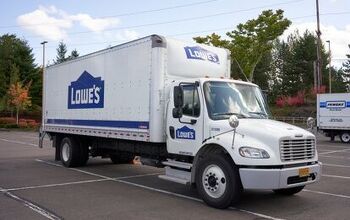
![The 5 Best Angle Grinders – [2022 Reviews & Buyer's Guide]](https://cdn-fastly.upgradedhome.com/media/2023/07/31/9071326/the-5-best-angle-grinders-2022-reviews-buyer-s-guide.jpg?size=350x220)

![Finishing Basement Without Permit [Is It Really Illegal?]](https://cdn-fastly.upgradedhome.com/media/2023/07/31/9070078/finishing-basement-without-permit-is-it-really-illegal.jpg?size=350x220)

